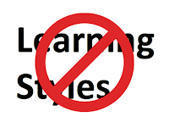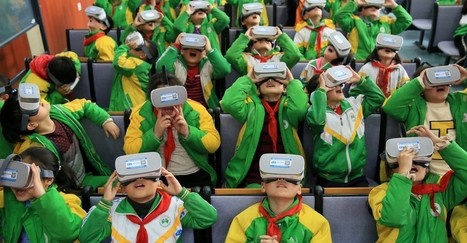By exploring three common myths about how students learn, teachers can find find out more about how information processing and memory work.
Research and publish the best content.
Get Started for FREE
Sign up with Facebook Sign up with X
I don't have a Facebook or a X account
Already have an account: Login
Issues and priorities arising around academic development, teaching and learning in Higher Education.
Curated by
Learning Futures
 Your new post is loading... Your new post is loading...
 Your new post is loading... Your new post is loading...
|
|

























